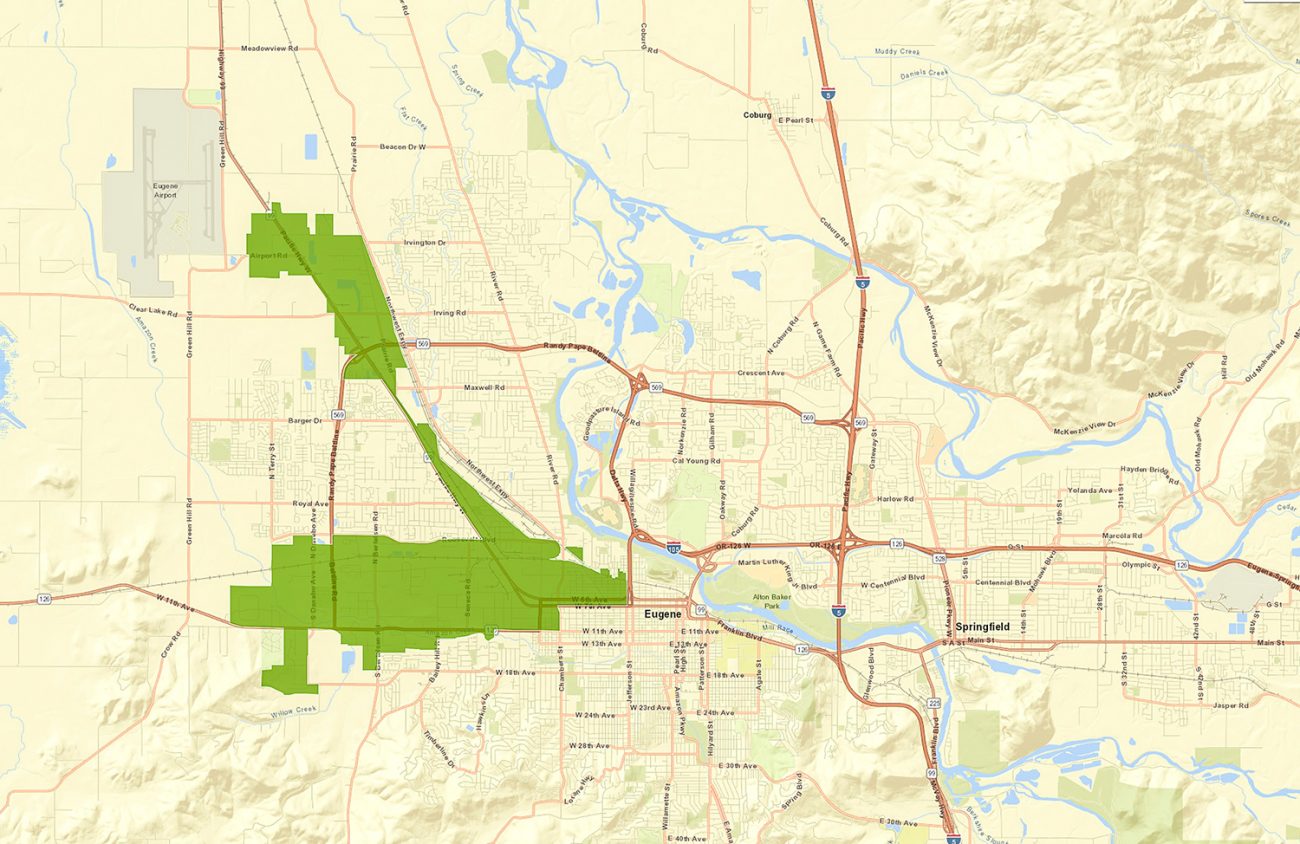For a Nov. 21 article, following up on EW’s investigation into enterprise zones, “Big Corporate Handouts with Little Oversight,” EW reached out to members of the Eugene City Council for comment on the enterprise zone program. Councilor Betty Taylor was mistakenly left off the list, and Taylor is a vocal critic of enterprise zones.
The enterprise zone program gives private companies property tax breaks in exchange for creating jobs. It has cost Lane County taxpayers almost $15 million over the past 15 years. Despite the stated intent of the program, local and county officials exert little oversight over the programs’ participants.
Taylor opposes the enterprise zone program, which she describes as “a tax give away.”
In July 2017, the Eugene City Council approved an updated version of the public benefit criteria, a point based scoring system that the city uses to determine whether a company will receive the entire tax break. Taylor says that even with the updated criteria, it’s still not strong enough.
“I think that the kind of employer that would benefit us would come here without an incentive,” Taylor says. “If we’re going to give them anything, there should be really tough requirements. There should be health care, living-wage jobs and also it should be a non-polluting industry. We shouldn’t give tax breaks to some company that will pollute our air and water.”
A business must score at least 25 points to receive the whole tax break, and health insurance coverage is included in the criteria. According to the form, companies can receive points if they offer more coverage than the minimum required under law. If a company pays at least 60 percent of a premium, it can earn three points.
Sustainability is also mentioned on the criteria form. Companies can earn points for developing a plan with the city to curtail energy consumption or reduce their impact on the transportation system.
Taylor points to the Hynix (formerly known as Hyundai Semiconductor) plant closure as an example of companies using the tax break and then leaving the city. Hynix received more than $10 million in property tax breaks over five years, and then laid off all 1,100 of its employees in 2008, saying that it could “no longer remain competitive.”
Hynix did pay back $5.4 million to the city of Eugene, but Taylor asks, “What does the city gain?” from companies in the enterprise zone.
“Are we better because we spent a lot of money on infrastructure for Hyundai and used up a lot of land?” she asks “Is the city better than if they hadn’t come?”
